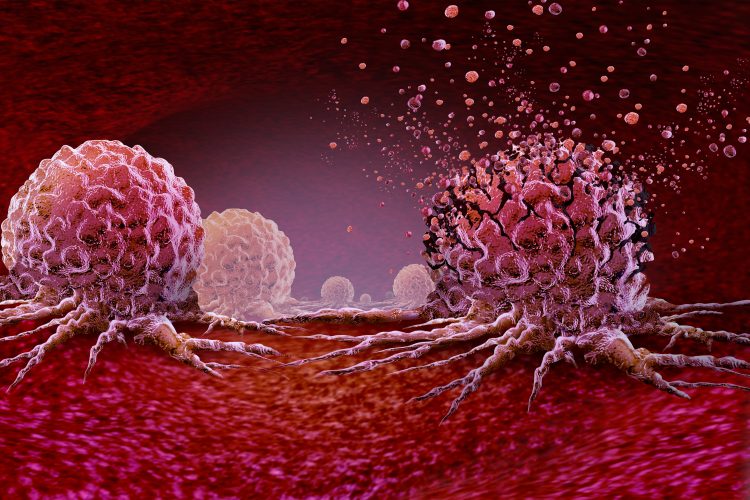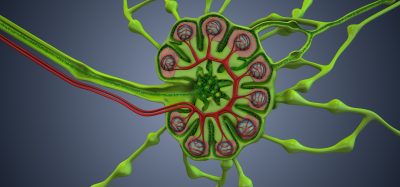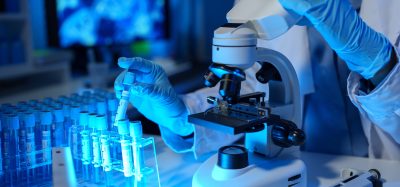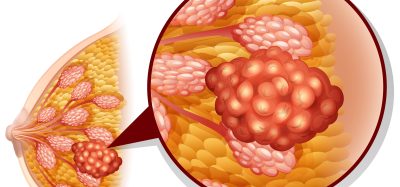What’s changing in cancer drug discovery – and why it matters now
Posted: 31 October 2025 | Drug Target Review | No comments yet
Take part in a live Q&A with oncology experts as they explore the scientific advances driving cancer drug discovery.


Fifty years ago, the first cytotoxic chemotherapy agents proved that cancer could be controlled pharmacologically, although often at considerable cost to patients’ health. Since then, understanding of tumour biology has expanded dramatically. Targeted therapies introduced in the 1990s showed that drugs directed at specific molecular drivers could improve clinical outcomes.
Today, oncology drug discovery has evolved from empirical screening into a data-rich, mechanism-driven discipline. Advances in genomics, imaging and computation are enabling scientists to map disease pathways in unprecedented detail and design therapies that act with remarkable precision.
Our upcoming roundtable on 13 November 2025 will bring together world-leading experts to discuss how breakthroughs in targets, translational models, imaging and emerging modalities are advancing the early stages of cancer drug discovery.
From single targets to interconnected systems
The first wave of molecular oncology delivered landmark discoveries that transformed treatment and understanding of cancer. These included HER2, a growth factor receptor that drives aggressive breast cancers, BCR–ABL, a fusion gene responsible for chronic myeloid leukaemia and EGFR, a signalling receptor implicated in lung and other cancers. Yet this progress also revealed a key limitation: tumours adapt, pathways compensate and resistance emerges.
Modern discovery science is tackling this complexity directly. Advances in structural biology, chemical proteomics and AI-driven data integration now allow researchers to study cancer as a network of interconnected systems. Approaches such as targeted protein degradation and synthetic lethality are changing how druggable space is defined and expanding the possibilities for effective treatment.
Translational models that reflect reality
Traditional cell lines offered speed but limited biological relevance. Today, discovery efforts focus on models that capture the human tumour environment more accurately – patient-derived organoids, co-culture systems and humanised models that replicate tumour–microenvironment interactions.
When integrated with molecular and imaging biomarkers, these models offer deep insight into how and why a compound works, supporting more informed progression to the clinic and reducing costly attrition in development.
Imaging and data
State-of-the-art imaging is strengthening the link between preclinical research and patient care. Technologies such as total-body PET and multiplex spatial profiling enable real-time measurement of drug distribution, target engagement and pharmacodynamic response.
When combined with genomic and proteomic data, these insights are improving dose selection, resistance prediction and adaptive trial design. Integrated data is no longer a support tool – it is the foundation of modern oncology discovery.
Therapeutic innovation and modality diversity
The diversity of therapeutic modalities in oncology continues to grow. From antibody–drug conjugates (ADCs) and bispecific antibodies to radioligands and molecular glues, researchers are developing agents that act with ever-greater selectivity.
Each modality brings new challenges in discovery and development but together they represent the most significant period of innovation in cancer pharmacology to date.
A connected future for discovery science
From the earliest cytotoxics to today’s molecularly engineered therapies, progress in cancer treatment has always depended on integration – of chemistry, biology, computation and clinical science. Continued progress will rely on this integration of disciplines, strengthened by new tools, models and data ecosystems.
These themes will be explored in depth during the expert webinar outlined below.
Cancer drug discovery breakthroughs: research that’s changing lives
13 November 2025 | 2:00 PM GMT
Free registration | Live Q&A included
Speakers:
- Dr Adriana Kahn, Yale Cancer Center
- Prof Stephen Neidle, UCL School of Pharmacy
- Dr Juliana Maynard, Medicines Discovery Catapult
- Dr Steve Shnyder, University of Bradford
- Dr Kristi Savill, Flatiron Health
- Prof Steve Wedge, Cancer Research Horizons
Join this interactive discussion to explore how new targets, advanced translational models and next-generation therapies are advancing early discovery in oncology and driving progress in cancer treatment.
Related topics
Biomarkers, Cancer research, Chemotherapy, Drug Development, Imaging, Immuno-oncology, Immuno-oncology therapeutics, Oncology, Precision Medicine, Radiotherapy
Related conditions
Cancer








